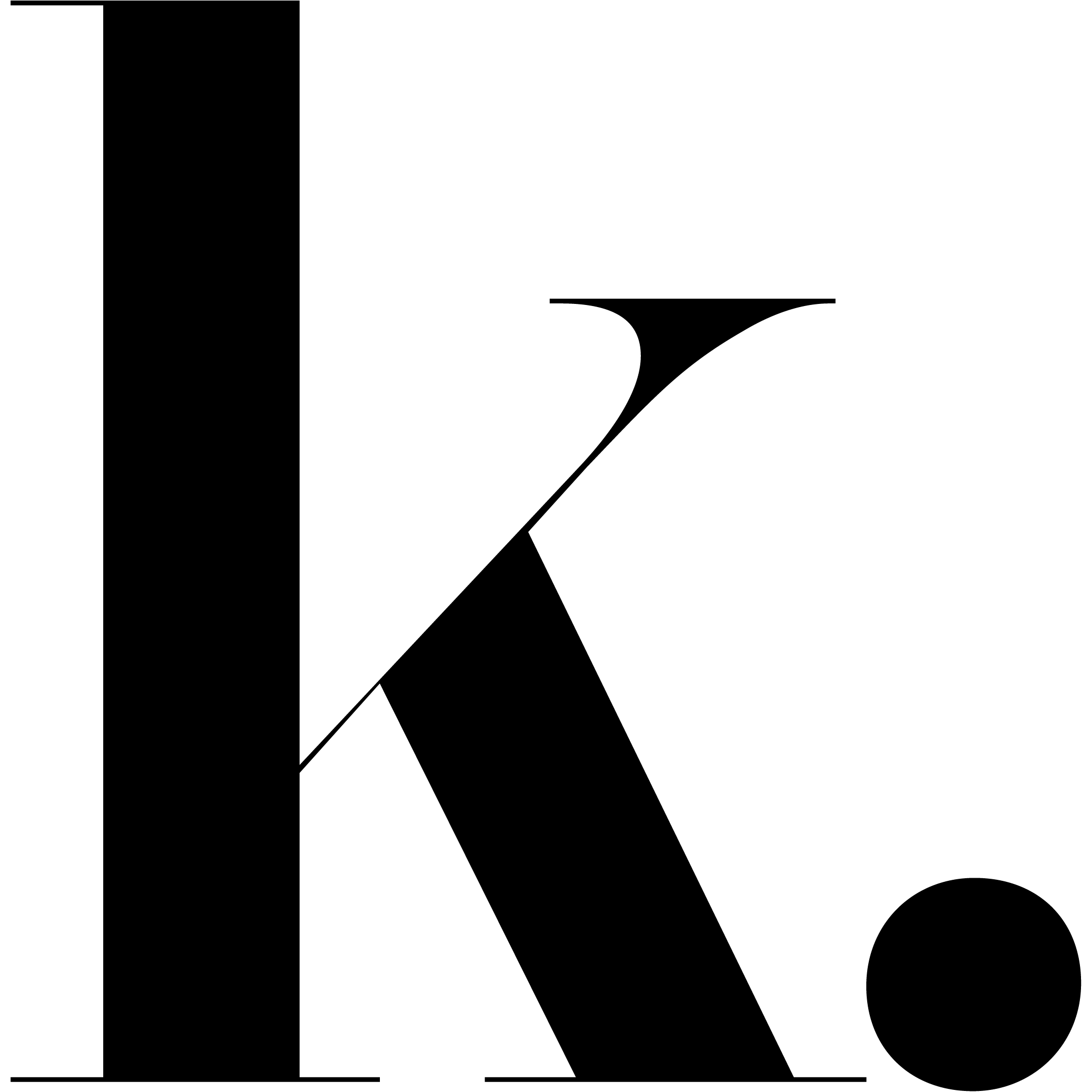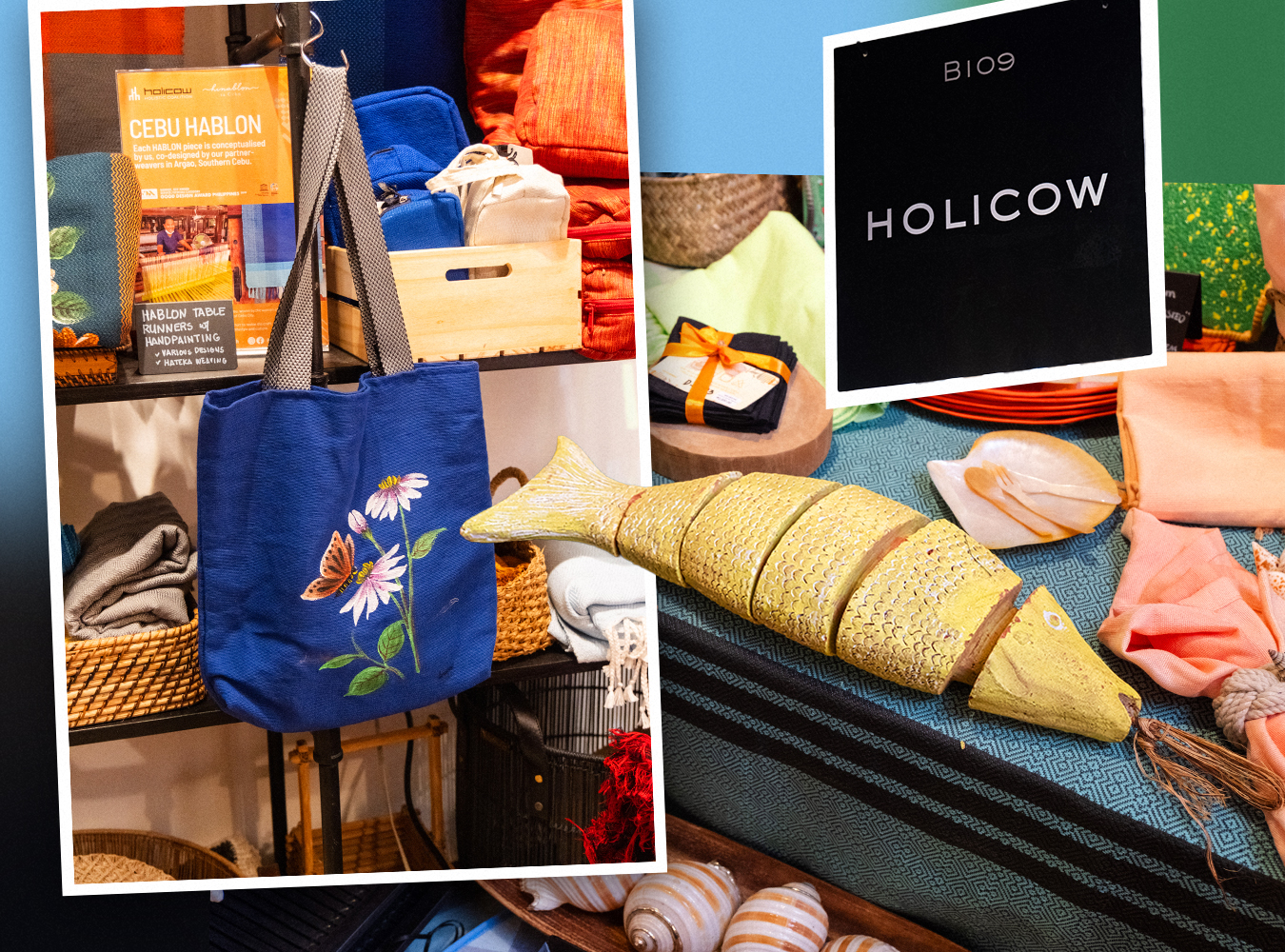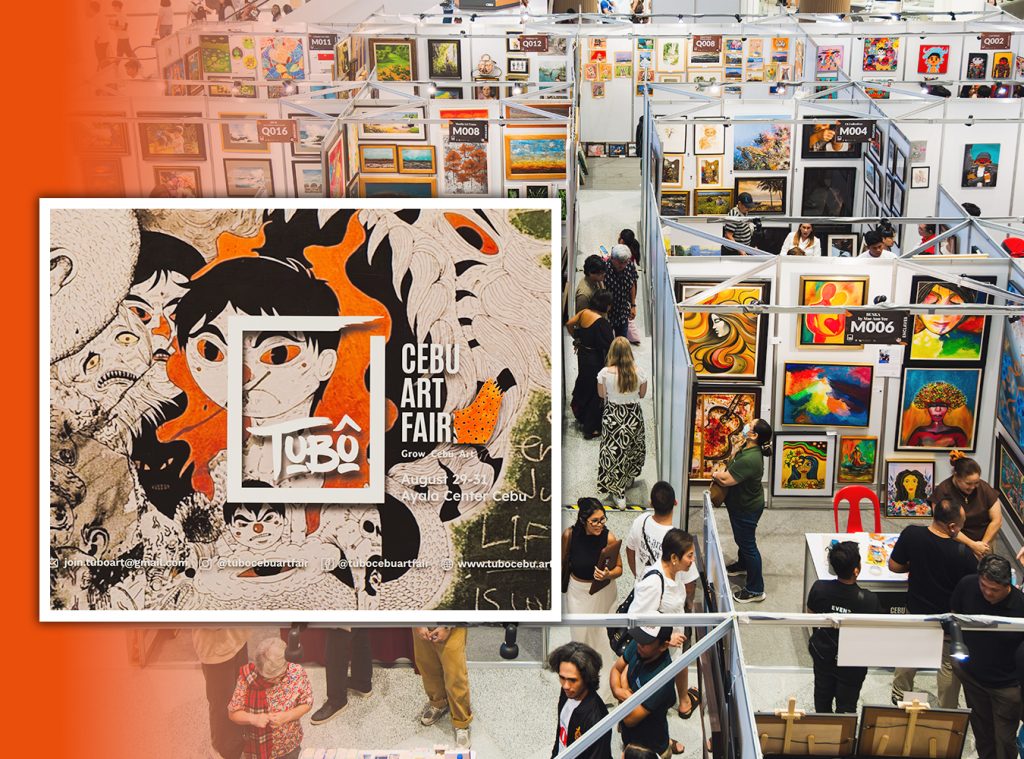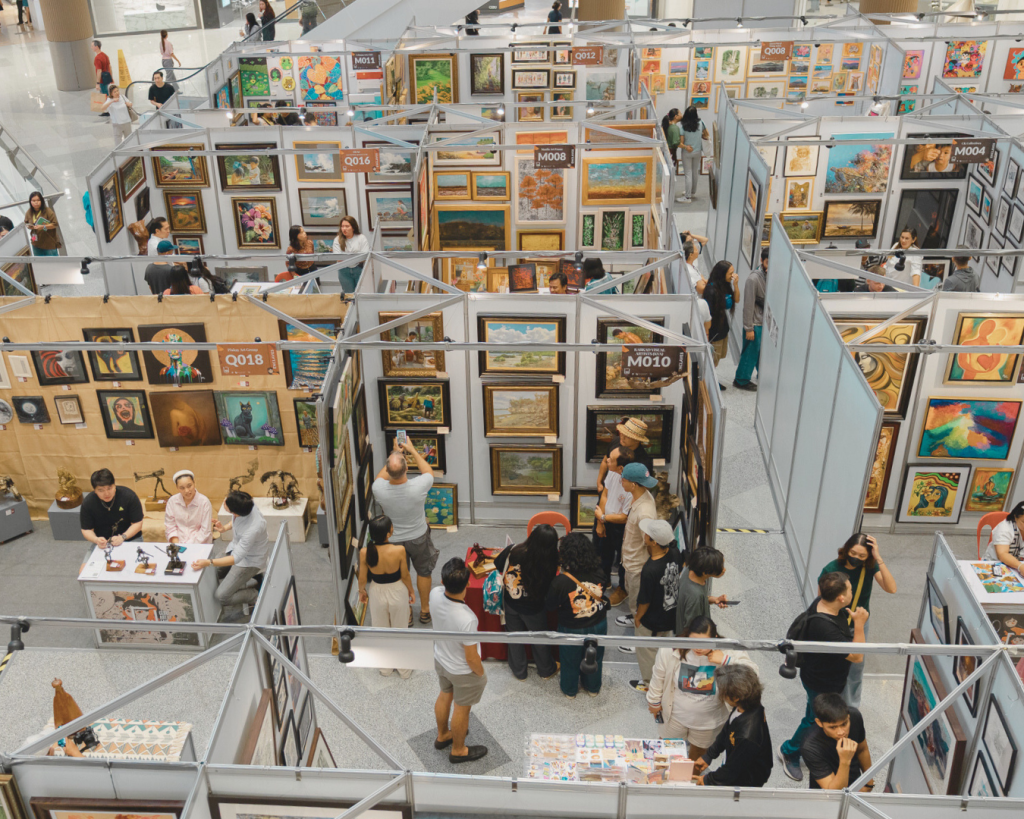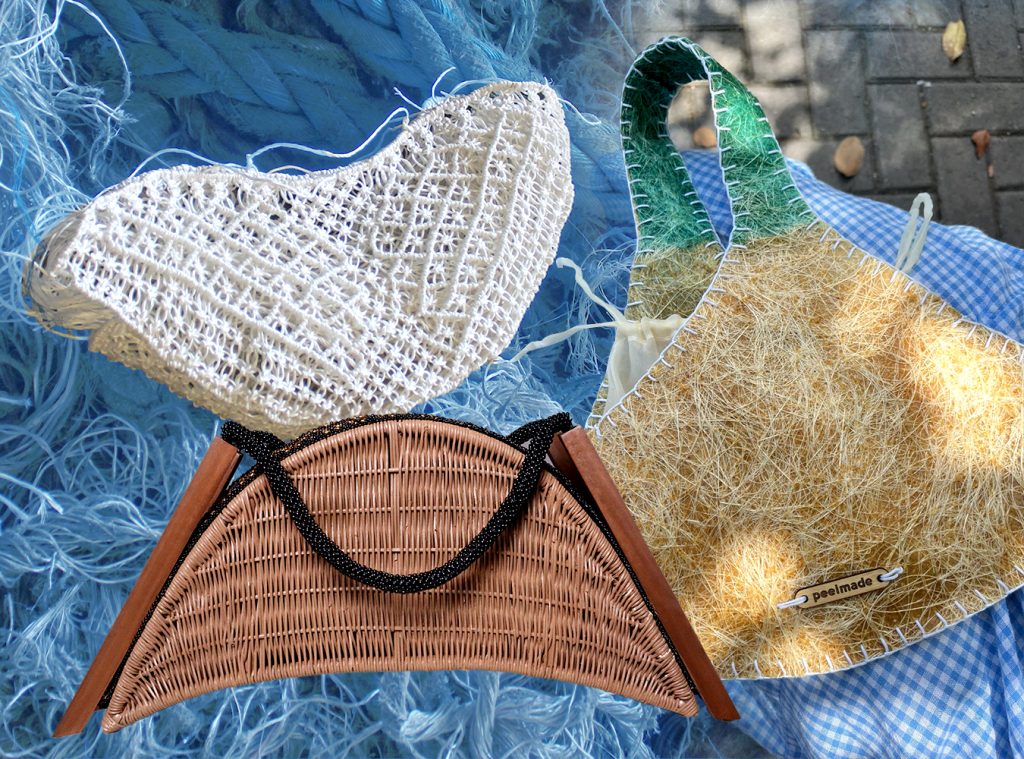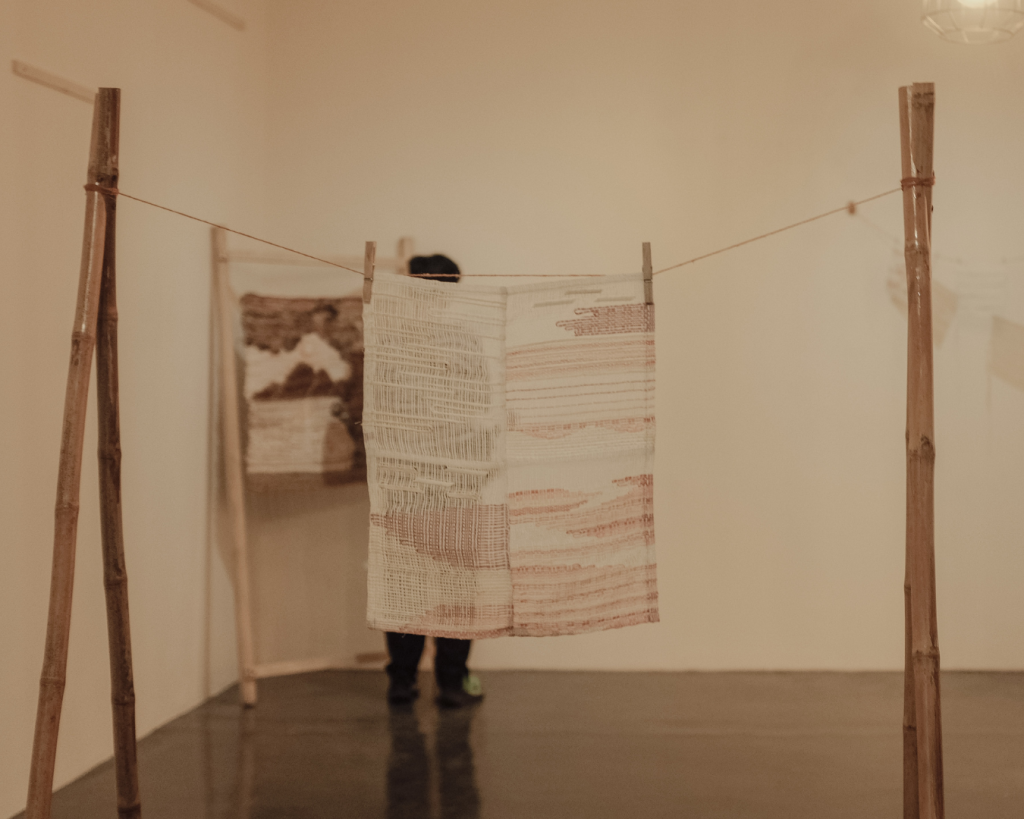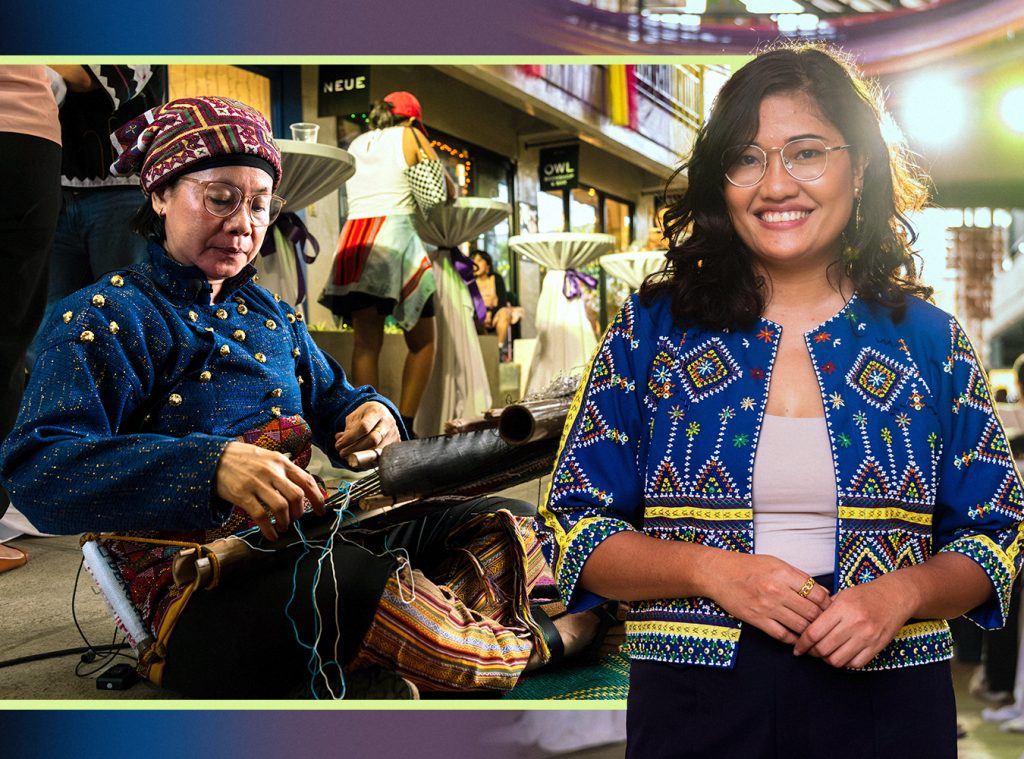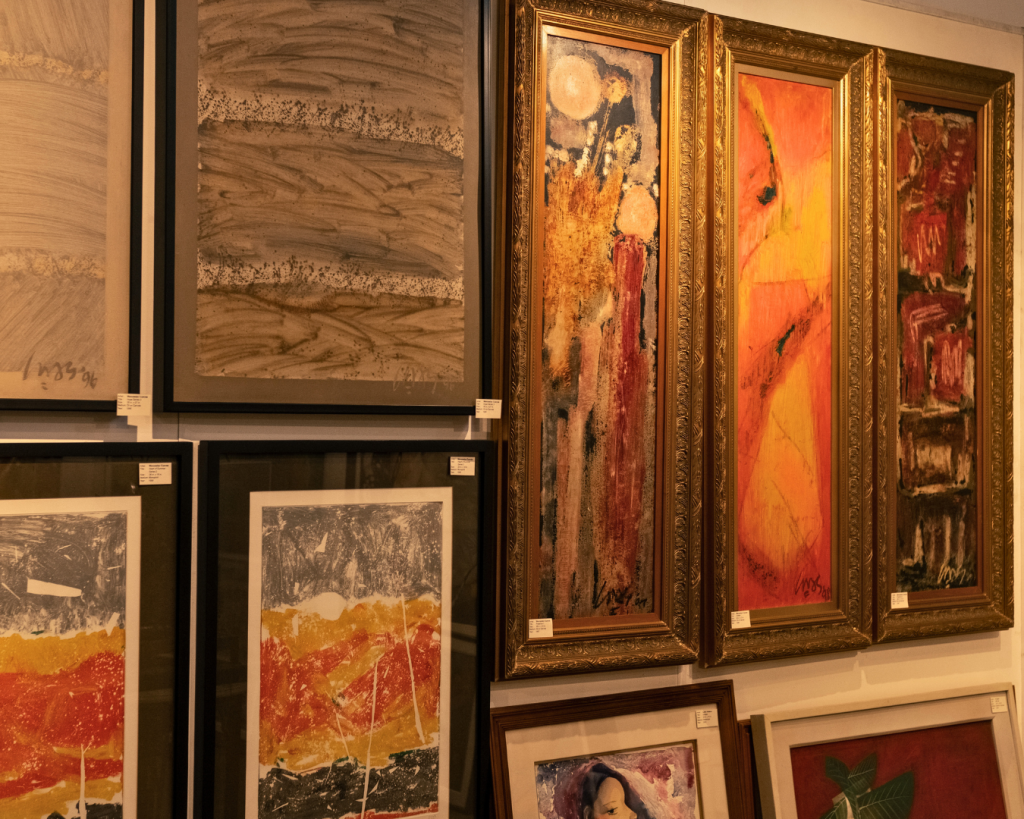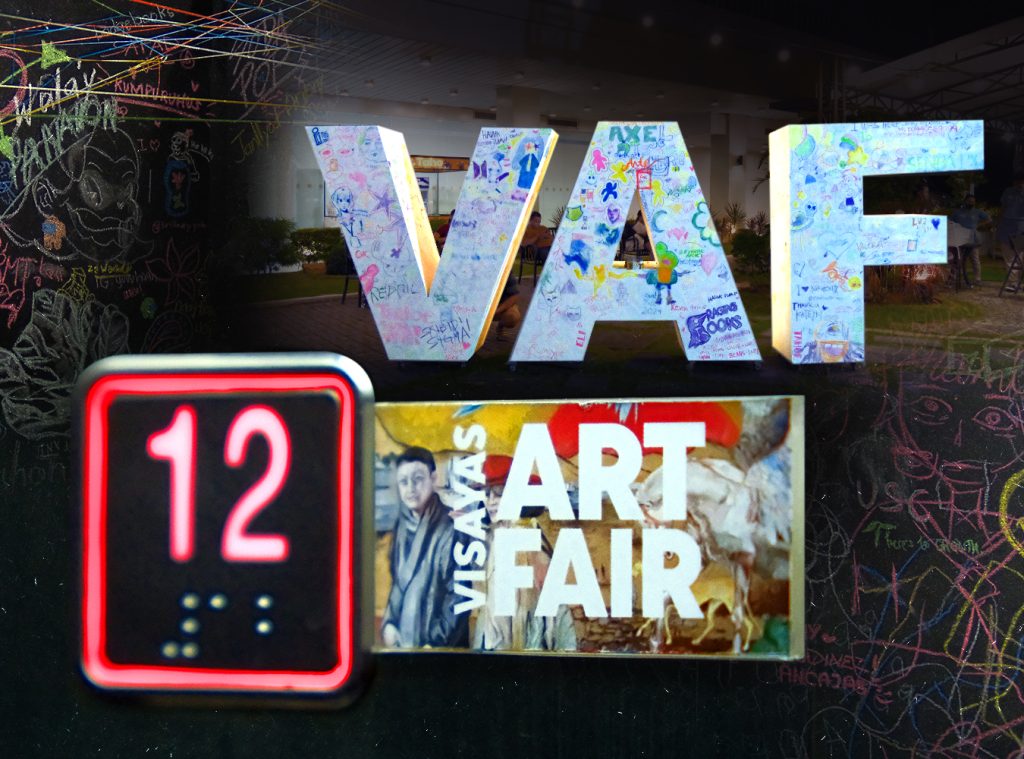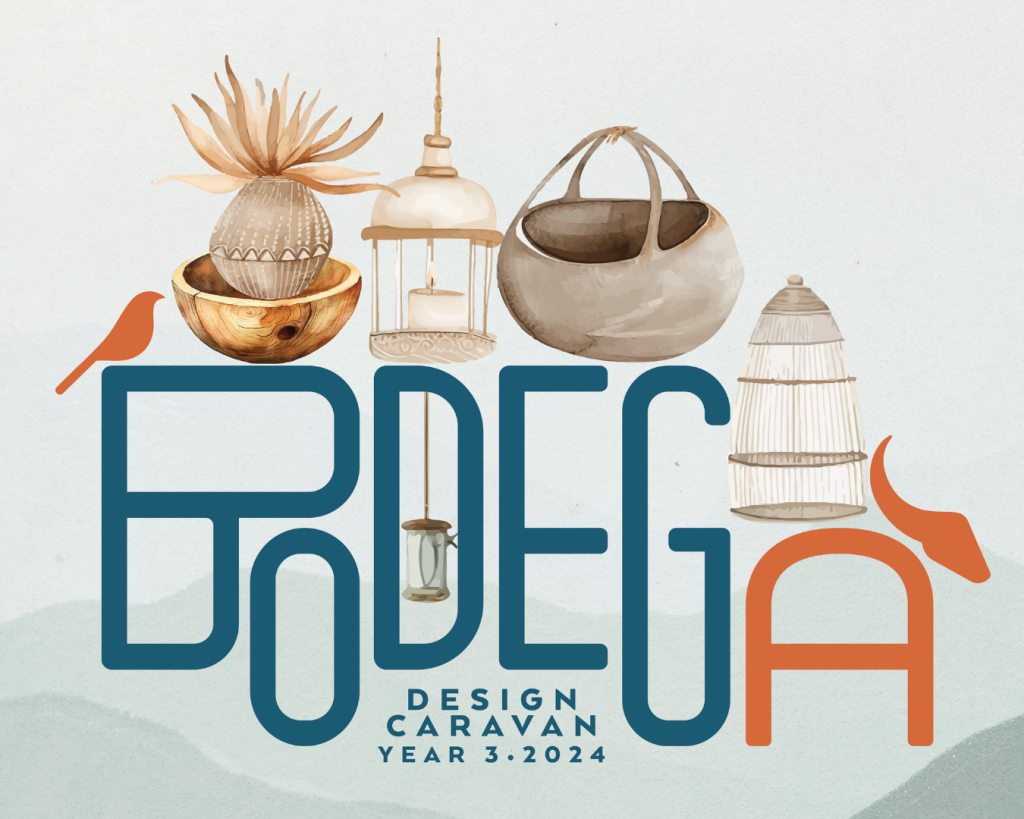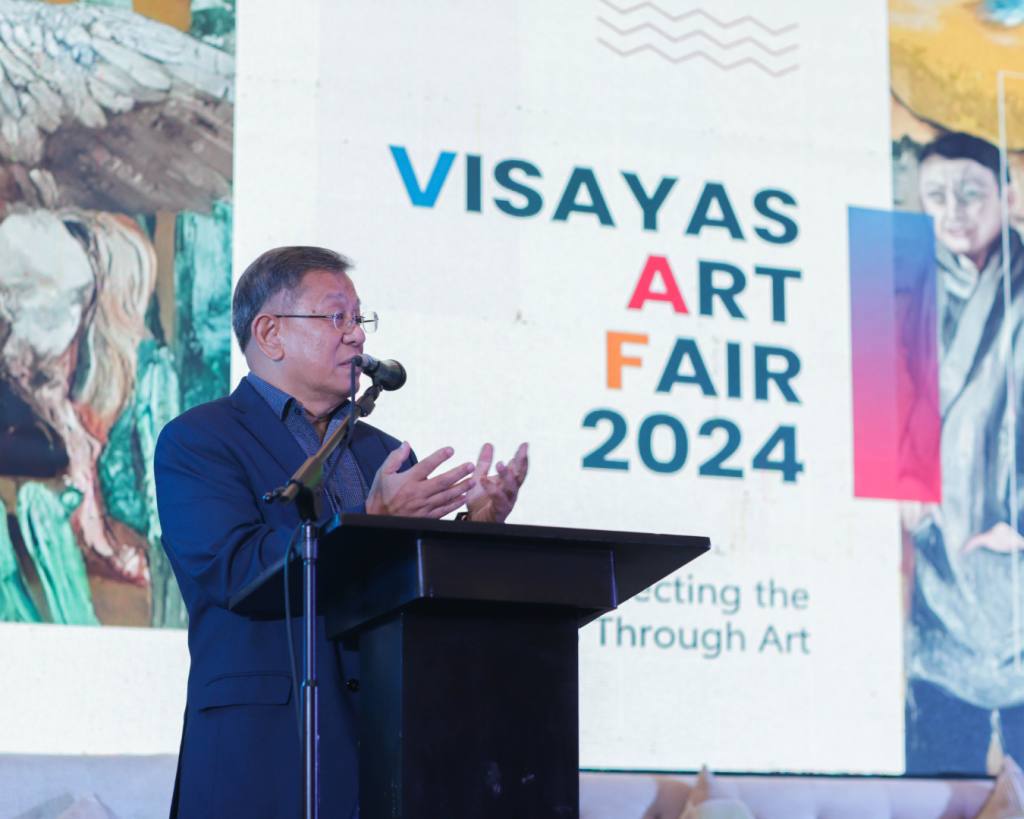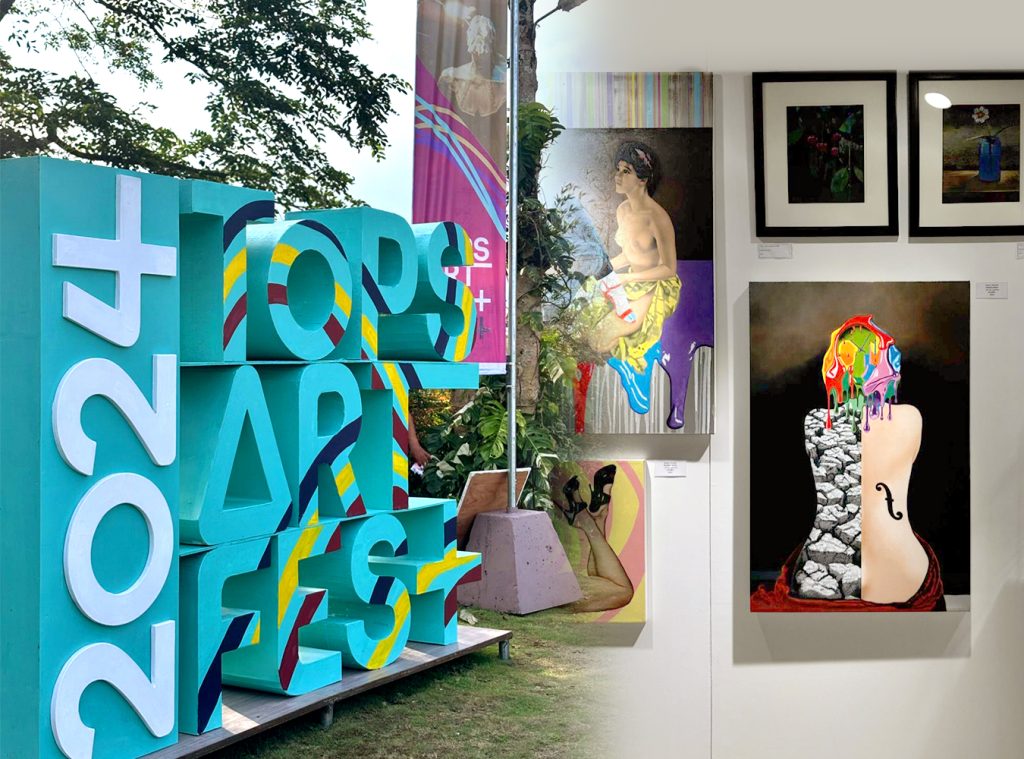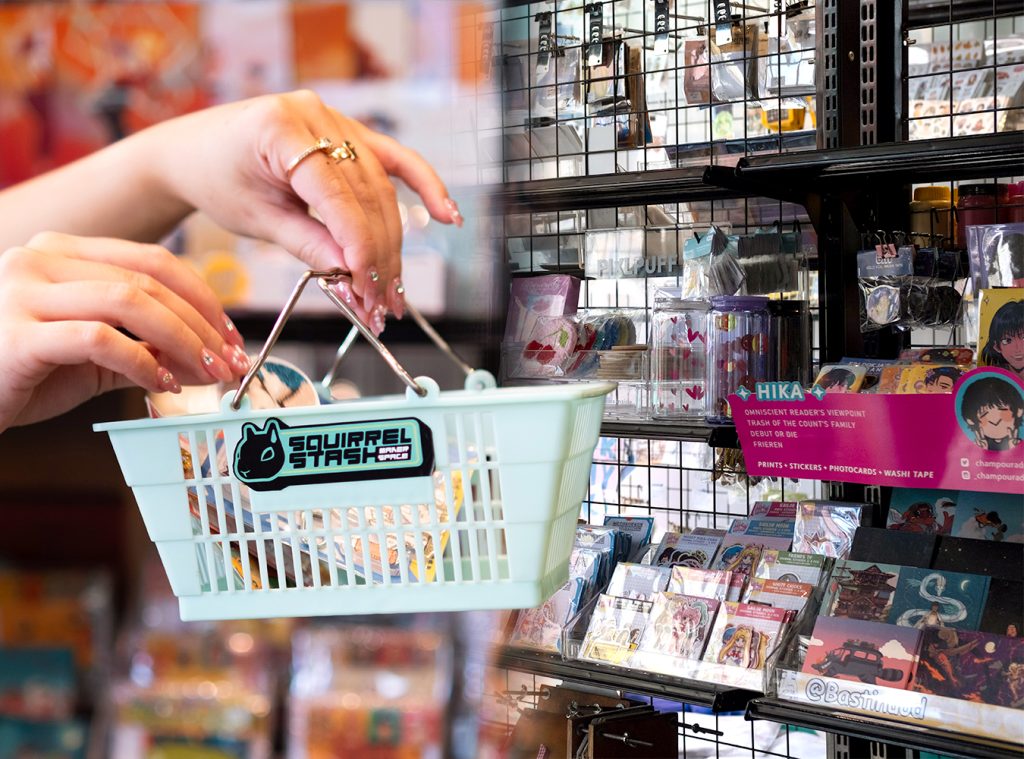Wander to the far end of Cebu’s vibrant creative hub, ATÚA Midtown, and you’ll find HoliCOW—a space that, at first glance, looks like a beautifully curated Cebuano lifestyle store. But to see it only as that is to miss the point entirely.
True to the spirit of its name, the Holistic Coalition of the Willing (HoliCOW), is intentionality made tangible. Stepping inside its doors doesn’t merely lead you to a shop, but to a living storybook of our heritage, where every object whispers local anecdotes lived across islands.
Founded by Cebu’s seasoned furniture makers in the aftermath of the 2010 recession, HoliCOW was born from both survival and vision. “We needed to evolve the model into a more truthful, holistic version of ‘make things cheaper, faster, always,'” shares co-founder Kae Batiquin.
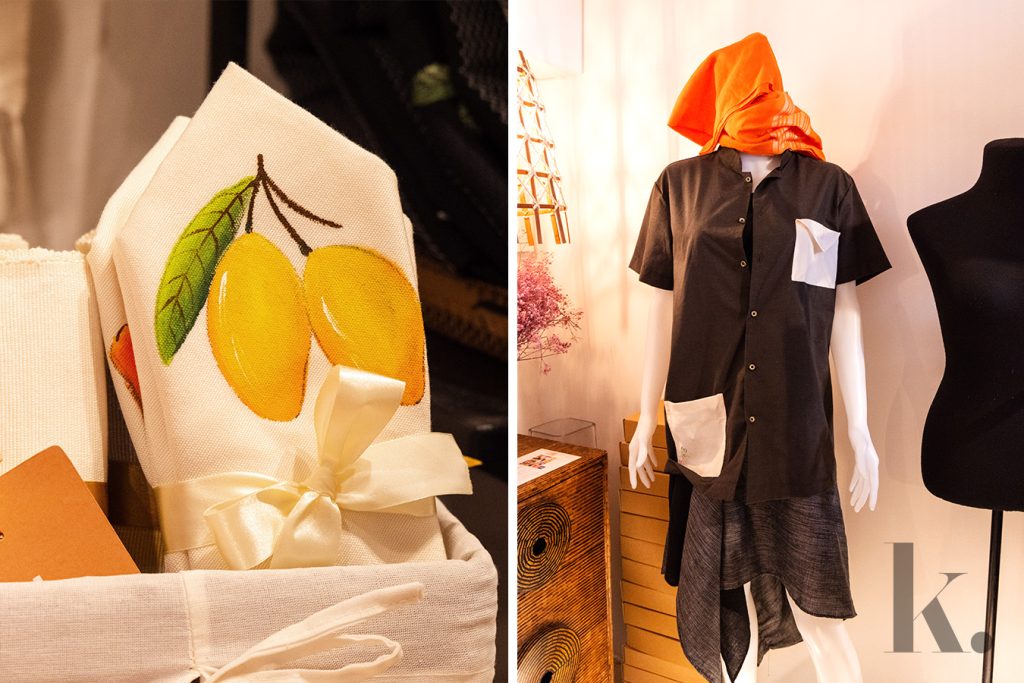
The name itself is equal parts playful and purposeful, a nod to the coalition of creatives who chose to stay when the road got hard, and slow became the only way forward.
HoliCOW brings together artisans, academics, weavers, and dreamers. Those willing to build a system where sustainability, identity, and community aren’t just buzzwords. They’re the very foundation of its existence.
Collaborators are chosen not for trend, but for alignment. At least two of the three values, sustainability, identity, and community, must be lived, not just claimed. It may be a hard ask for some, yet it’s essential to the pursuit: a diverse yet intentional collection that reflects the spirit of Cebu.
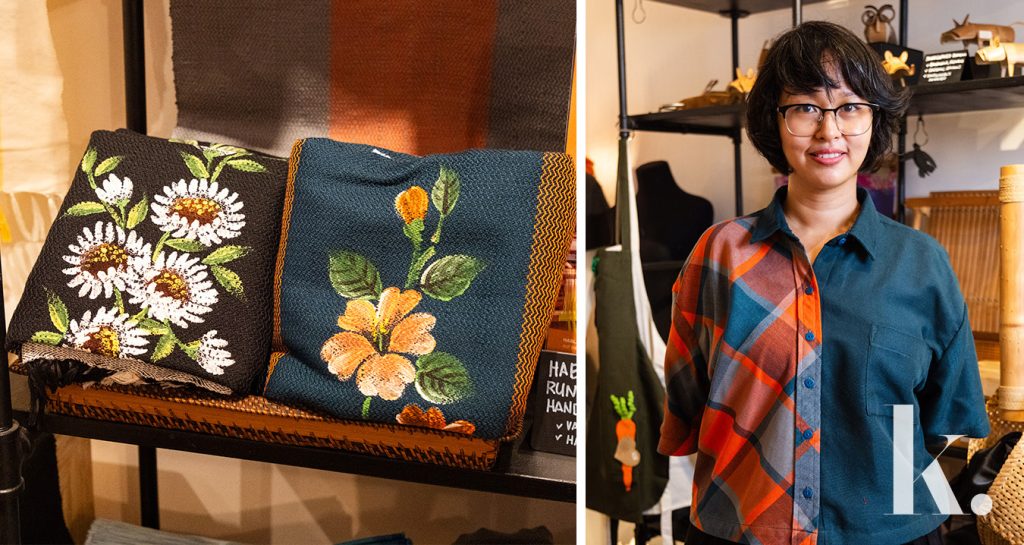
Of their many collections, one stands out as the soul of HoliCOW’s ethos: HATEKA, short for Hablon sa Matematika, a series of handwoven textiles that merge mathematics and tradition. In partnership with the weaving community in Argao and local universities, HoliCOW helped birth a design revolution.
Kae describes the lengths they went through, “We had to ensure that the traditional style was backed by a documentation process that suited the default limitations we are faced with, and in so doing ended up creating a whole new applied mathematics course that linked to hablon, turning math majors into designers, and habloneras into code-readers.”
This living example of how slow design can be radically innovative is heritage in action. Through documentation and collaboration, HoliCOW is helping revive Cebu’s hablon tradition, tracing it to precolonial roots and placing it squarely in the modern cultural conversation.
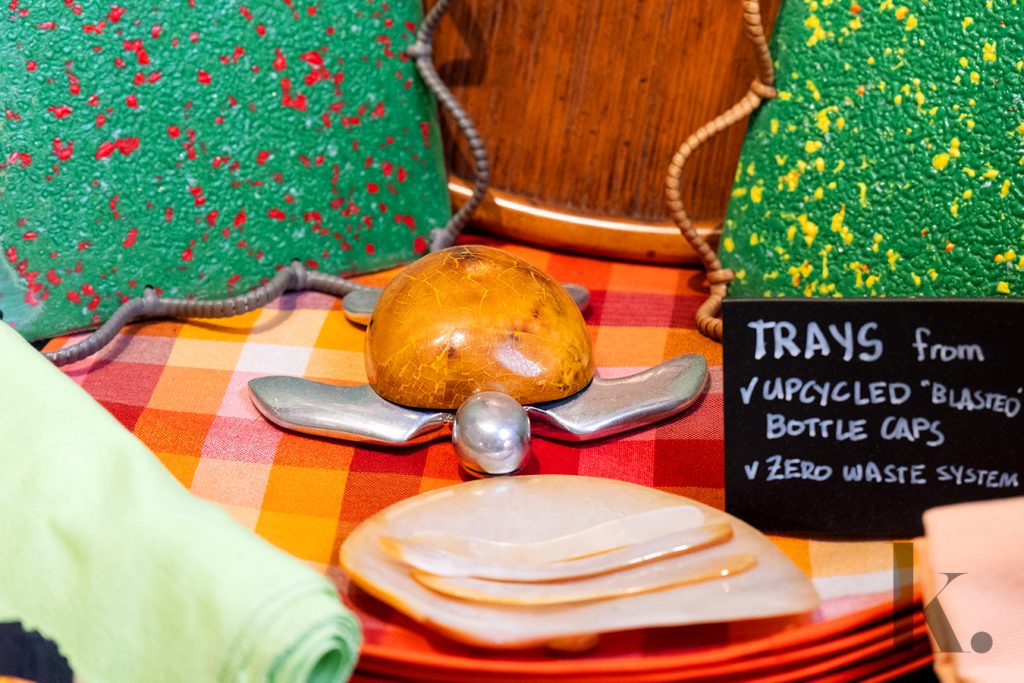
Behind the carefully curated beauty lies the reality of building ethically in an impatient world. More so when working with communities that don’t operate on capitalist time.
The team works closely with rural artisans, many of whom live by the planting season or the rhythms of the sea. That means no rigid production timelines. No cutthroat commercial pressure. Instead, HoliCOW builds flexible systems that let real life and design flow together.
“Because we work with people, often from rural communities that follow natural cycles, we have to be able to create systems that allow their natural cycles to overlap with the otherwise inhuman, overly-capitalist schedules of traditional retail. Often we have to adapt and reframe, and create our own design schedules.”
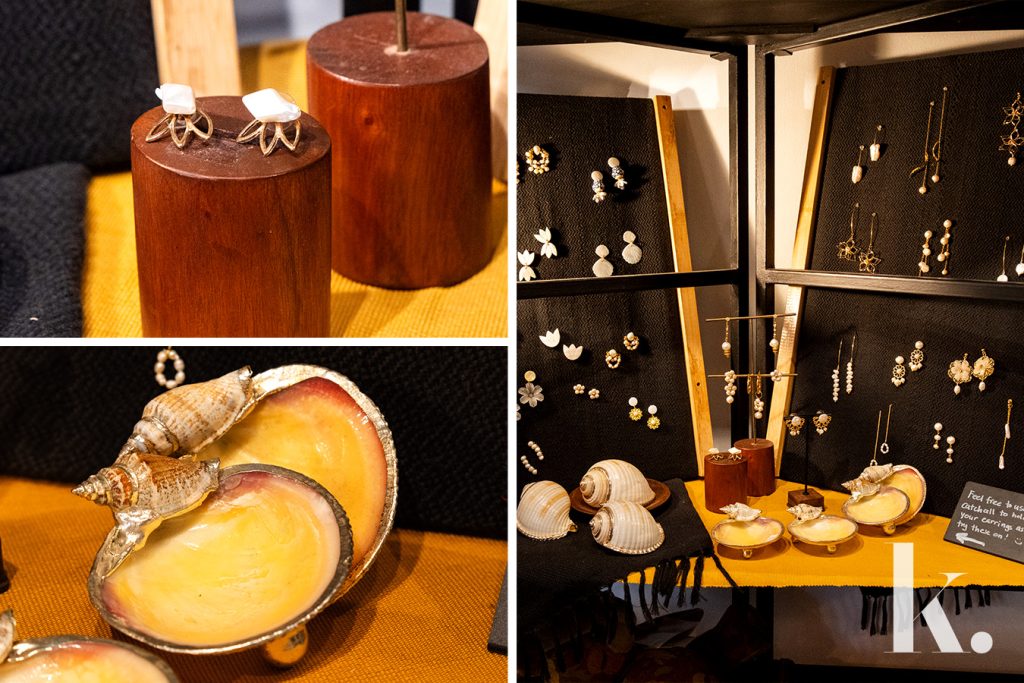
And in doing so, they educate their clients, too. Buying a HoliCOW piece means investing in a life-giving chain of trust, accountability, and cultural reverence, honoring the slow, sacred tempo of the maker’s life.
Every detail in their work feels unmistakably Filipino, but never in a surface-level, souvenir-type way. And not far from Kae’s comfort food of kinilaw sa pakurat and pusô, Cebu influences HoliCOW’s creative direction.
“It’s folklore, both rural and urban. It’s an understated everyday tranche de vie that is actually full of layers. It’s languages. The elements of our precolonial selves that we unearth through the work of our academe. In the food we eat and what it implies about us. In our innate tradition of care, which manifests in how we create for our community.
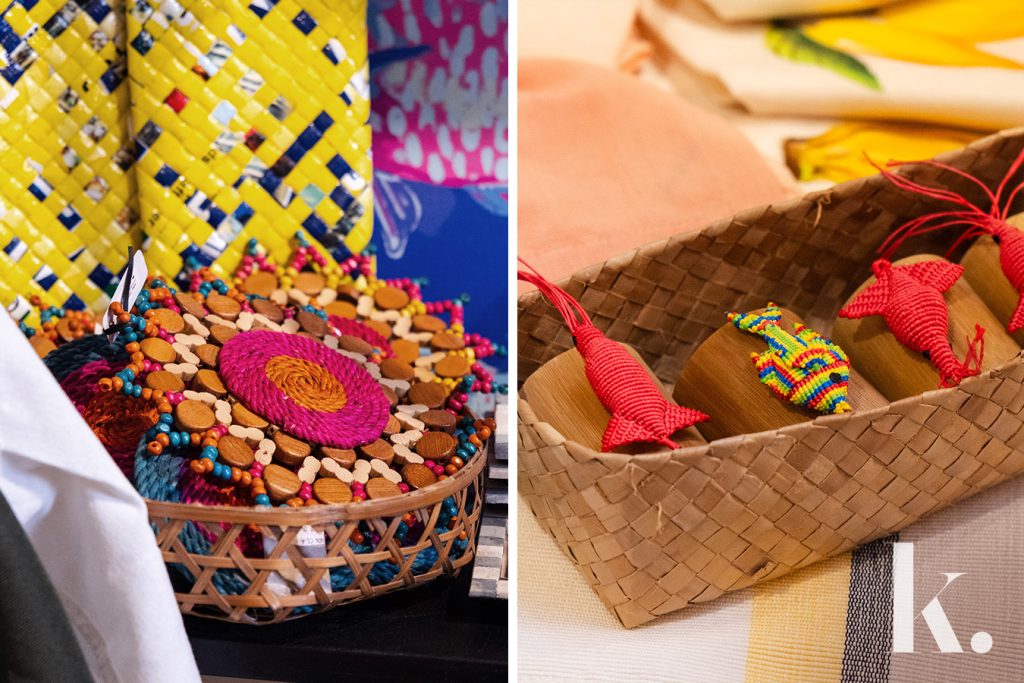
Womenfolk used to come together to weave a kind of ‘care basket’ for a new bride-to-be in their family, filled with hinablon fabric in different sizes for her to use any way she needed in her new life and homemaking, for instance. And how we interact with nature,” reflects Kae.
At HoliCOW, design doesn’t just decorate—it remembers. And in remembering, it heals. Drop by their shop in 109 ATÚA Midtown (yes, it’s a vibe), stalk their Facebook or IG for quiet collabs and rare drops, and listen to the stories or better yet, bring one home.
Photography Kyrra Kho | Location ATÚA Midtown

